Music theory is often overlooked and I can’t help but wonder what non-educated musicians hear when listening to music. As far as music goes, theory behind strategies in construction have been evolving since the time of Gregorian chant! But the Western world of tonal music didn’t begin to take shape until 1722 with Jean-Baptiste Rameau.
Yoga enthusiasts and those interest meditation, you listen to music and meditation music but I wonder how many understand the abstract concept of music or the detail theory of music.
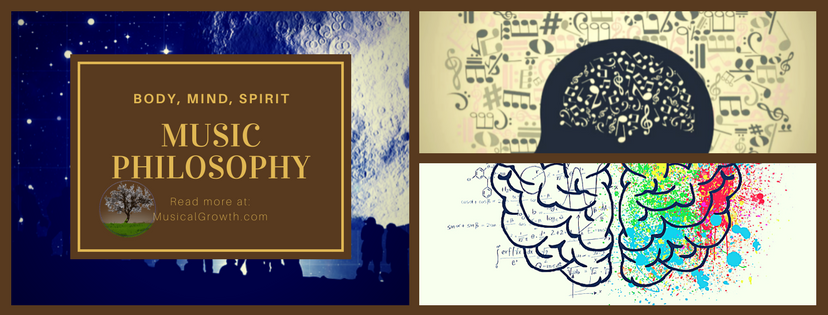
If you’re curious about the benefits of music, you have to consider the theory behind it. Music theory is like the science behind the universe or medical education behind health – it’s required! I will separate out the reason music help us in terms of body, mind, and spirit.
Body
There’s no question that music moves us. Music can inspire movement unlike any other form of artistic expression. I’m a fan of visual arts as much as the next person, but I’ve not seen any one feel the urge to burst into dance when viewing Will Turner’s dramatic impressionism at the Guggenheim. Though, this would be very entertaining to view.
Music has a pulse. Much like our body, the average musical composition has a consistent beat that lingers for the duration (most of the time unaltered by retardandos or tempo changes). Our heart is our natural metronome and usually beats usually around 60 to 100 bpm (beats per minute).
If a song you’re listening to has a tempo of 100 bpm, the heart is encouraged to move that fast; whereas a piece with a tempo of 60 bpm will do the complete opposite and slow your heart rate down. It’s human nature to be influenced by sound. The entire universe is created of sound!
Vibrations create the entire universe. From our voice to the atoms in the table below my laptop, nothing that exists is without vibration (unless you come at me with anti-matter theory which I’m not as knowledgeable in). Planets make sounds from their vibrations (check NASA’s records!). Instruments produce sound through vibrations. It is of natural behavior to feel vibrations in music, so it is no wonder that dance and movement is of utter importance to our well-being. Without stretching, moving, exercising, or dancing, we become stiff and rigid. Let’s keep in mind that nothing in nature stays still forever! Even mountains begin to crumble.
The body is one of the first steps in developing a sound mind, because without a body in-tune with it’s natural instincts, the mind can take over. Of course, this can happen the other way as well (where mind alters body), but for most beginners in the world of meditation, the body is an easier idea to grasp. Once the body is more in-tune with movement, the mind can follow a lot easier
Compare this information to a movie. During the beginning, the viewer feels nothing because they’ve experienced nothing. Once the movie begins to outline the story (usually beginning with happy moments), the body begins to relax into the world created before the eyes. As conflict enters the plot, the body reacts and the viewer’s heart rate may intensify. At the climax of the movie, where all the action is coming together, the music’s tempo is fast and the images flash faster between angles. The heart races and the hands grip the arm rests while the main goal is to stay on the chair – don’t fall off! When the plot is resolved and everything is back to normal, the body reacts and emulates.
The “movie” metaphor is a great way to compare to how music and imagery can influence the body. Without the elements of film (music, videography, human emotion, etc.), the body wouldn’t react the same way. For example, “The Room” (the movie by Tommy Wiseau) has very little cohesiveness between these elements and thus the body stays disconnected.
Mind
Without our mind, we wouldn’t be here.
This seems like a silly statement, but when considering the power of our consciousness, we can begin to realize that our perception is solely derived from our self-awareness. We think, we plan, we comprehend, we decipher, we critically think, we experience sympathy all through the power of the mind.
Our mind is our most powerful tool. It controls how we perceive the world in front of us. Much like how people see colors differently, emotions and situations are also deciphers differently. When it comes to music, there are different cultures and ideologies (mainly Eastern and Western Harmony).
For the Western world, certain combinations of pitches are perceived as “happy,” where others are “sad” (without sounding too subjective). Meditation music is different. Drones of singular pitches or repeated rhythmic patterns are void of easily perceivable emotions like “happy” and “sad.” Meditation music can be compared closely to minimal music popularize by Steve Reich, Philip Glass, and Terry Riley. What’s funny is most people who like meditation music have no idea of those historically important composers. It makes me question if they’re really listening to the music or if they’re such searching for “meditation music.” The word “meditation” stamped on a piece of music doesn’t make it high-quality meditation music.
The mind can be altered by music. Much like Eminem can incite anger and Debussy’s Reverie can inspire dreamfulness, meditation music should influence a peaceful and calm mind. Which to me, means the music should not distract with complexity. Repetition and lengthy structures in form is of paramount importance for quality meditation music. But I doubt most people think of these elements. I’m afraid most people hear a piece of music and accept it as “good enough” as long as they have the opinion: “well this music is nice.”
True dedication to a daily routine means thoughtfulness in every detail. Music should not be overlooked for proper mindfulness.
Spirit
A well-rounded person should be consistently improving their mind and body. A third element is spirit, an idea not so alien to the world (as it was first brought about by Plato’s Republic). Music can alter both mind and body, aiding us in influencing our spirit or soul. For a more relatable explanation, the spirit is our “being.” Our “aura” and our “balance” with our inner selves.
Quality meditation music has a balance between tempo, instrumentation, rhythm, form, timbre, etc. Most composer of “mindful” music may not consider these elements and focus primarily on how “pretty” they can make it sound.
Compare meditation music with exercise music: gyms always have upbeat, rhythm heavy music playing to inspire our heart rate to “kick it up a notch,” while meditation music “breathes” with a slow tempo and encompassing tones. This is an easy way to see the difference between the purposes of different music, but as a composer myself, there are many decisions within a genre to create differences between pieces. That is why great composers can write many pieces with the same instrumentation and maintain interesting differences that make it almost noticeably the same instruments.
Without the thoughtfulness of the composer itself, the “spirit” of the music has no purpose and can be absolutely void of effectiveness. Commercial music is different from art music, not only in theoretical ways, but in purpose.
Conclusion
Body, mind, and spirit are all influenced heavily by music. The purpose of the music must match the purpose of an activity. The thoughtfulness of the composer influences the potential of the listener’s own “thoughtfulness.” Music is an important factor in persuading the body, mind, and spirit to feel calm and relaxed.
Yoga instructors, meditation enthusiasts, massage specialists need to consider how important the music playing over the speakers really is – it is not to be overlooked.
For those who listen to calming music on the go definitely consider upgrading your equipment and earphones to enhance the little time you have to meditate or relax.
For those interested in music philosophy and the ideas behind spiritual music theory, I would highly recommend this book:
And consider this book as well (it details the scientific effects of music and the brain):
I hope this article influences you to think more heavily on the importance of the music you’re listening to. If you’re interested in looking into Buddhist music, consider this article: Difference in Buddhist Music. Good luck in your preparation for more yoga and meditations!
Do you agree with my opinions? I would love to start a conversation if not. Please feel free to leave a comment below!
Thanks!
Chase
Jan. 2018



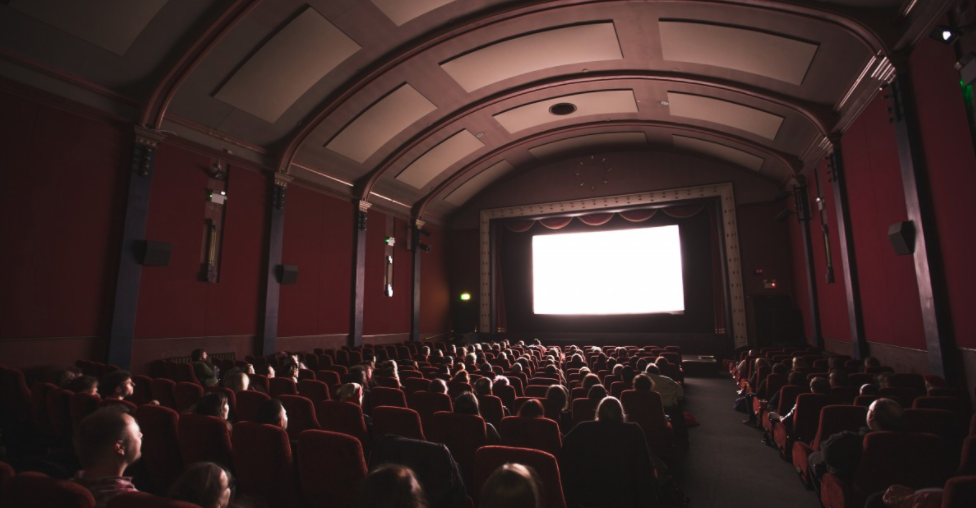
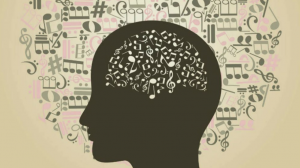
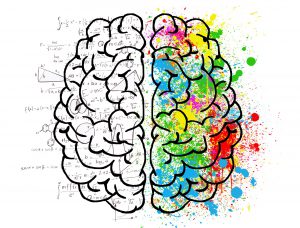

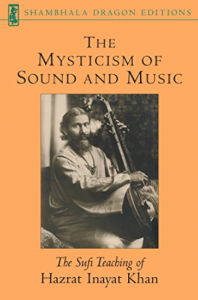
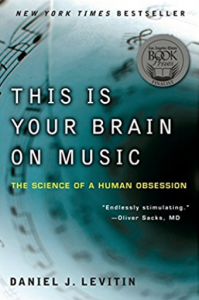
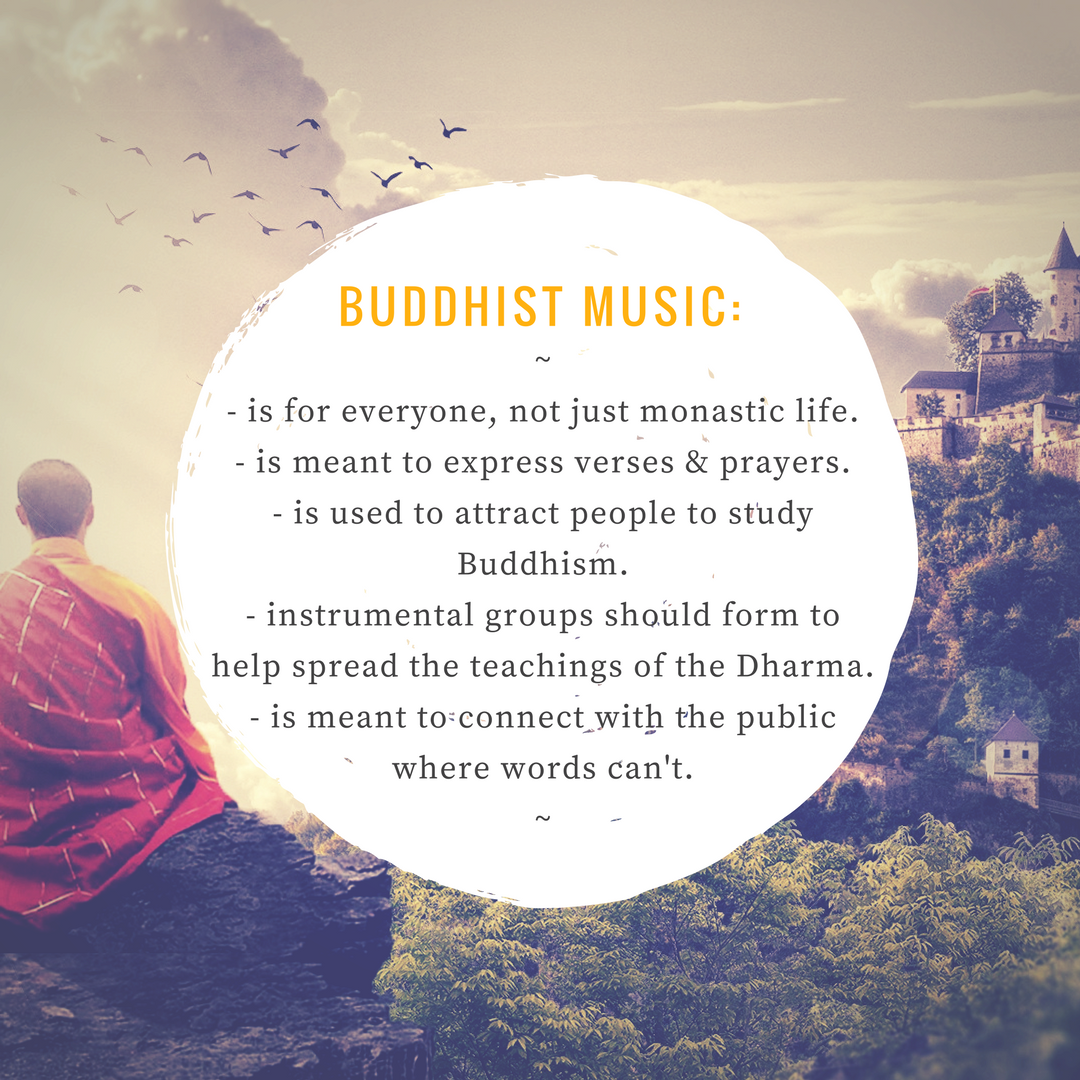

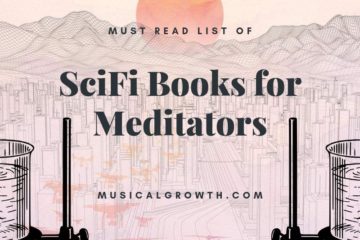
0 Comments